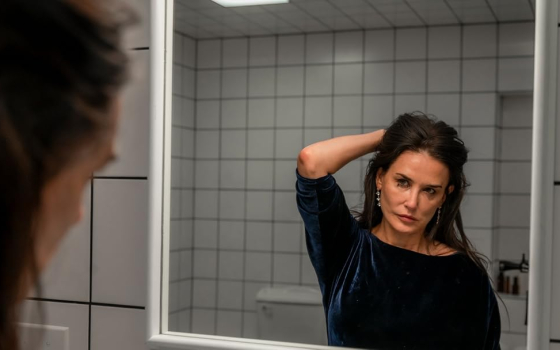While we are sure that this rather eventful 2020 will yield a good new batch (I’m looking at you COVID), we have never really talked about how these words are actually being created.
New words are born every day all around the world, and there is not a real set of rules that govern how this happens exactly. It seems that their creation involves a number of steps, ranging from straight out stealing words from other languages and shoehorning them into one’s own, to mixing two different words together into a grammar-defying cocktail that everybody ends up loving.
Regardless of the way these new additions to the dictionary come into being, the truth is that we love the creativity involved into coming up with them in the first place, and they are a wonderful way to enrich and evolve the languages of the globe. Let’s take a look at three of the more common ways to get new words rollin’.
Borrowing
A fairly easy way to slip a new word into a language is by stealing it from another one. There are plenty of examples that have become so commonplace we can’t even tell that they are the fruit of linguistic theft, and some of them even remain completely unchanged from the original. Daylight robbery, I say.
The French have lent us words like Ballet, Genre, Entrepreneur, and Rendezvous. The Germans allowed us to lift Kindergarten, Waltz, or Rucksack. The Spanish surrendered Guerrilla, Patio, and Piñata. Oh, and this is barely the tip of the iceberg. There are many, many more out there being used all day long that live incognito.
Onomatopoeia
While there is obviously no empirical evidence of this, we can be quite certain that the first words that came into existence were probably onomatopoeias. The imitation of certain sounds and subsequently turning them into widely used words is something that feels so quintessentially human, it’s almost impossible to communicate without it.
It must have been an indispensable tool back when early humans had to warn each other of potential dangers, and there few more effective ways to warn about a stalking tiger than to roar at its potential victim. Onomatopoeias continue to this day, with every little machine and gadget making sounds that become part of our lives, which we end up turning into words of their own.
Portmanteau
One of the more creative ways of adding words to the lexicon is by mixing up the ones we already have thus creating a Portmanteau (a word which is itself a portmanteau, and which we also nicked from the French oddly enough). There are no restrictions to where the words themselves are cut and spliced, so as long as the word remains somewhat pronounceable, it’s fair game.
But if smashing two words together wasn’t fun enough, we can up the ante and add three, four, or as many as we feel like in order to get our point across, and we can also steal words from other languages too, tuning the whole thing into an exercise in imagination and witty wordplay.
That being said, the more words are jumbled together, less likely it is to end up being commonly used, but some of the more common ones are: Affluenza (affluent + influenza), Cyborg (cybernetic + organism), Infotainment (information + entertainment), Oxbridge (Oxford + Cambridge), Podcast (iPod + broadcast), or the very well known, and rather apt for this topic, Spanglish (Spanish + English)
We end with one of the few commonly used three word portmanteaus: Benelux (Belgium + Netherlands + Luxembourg), and a reminder that there is always room in the dictionary for new words, so feel free to make up your own. You never know, they might stick!





